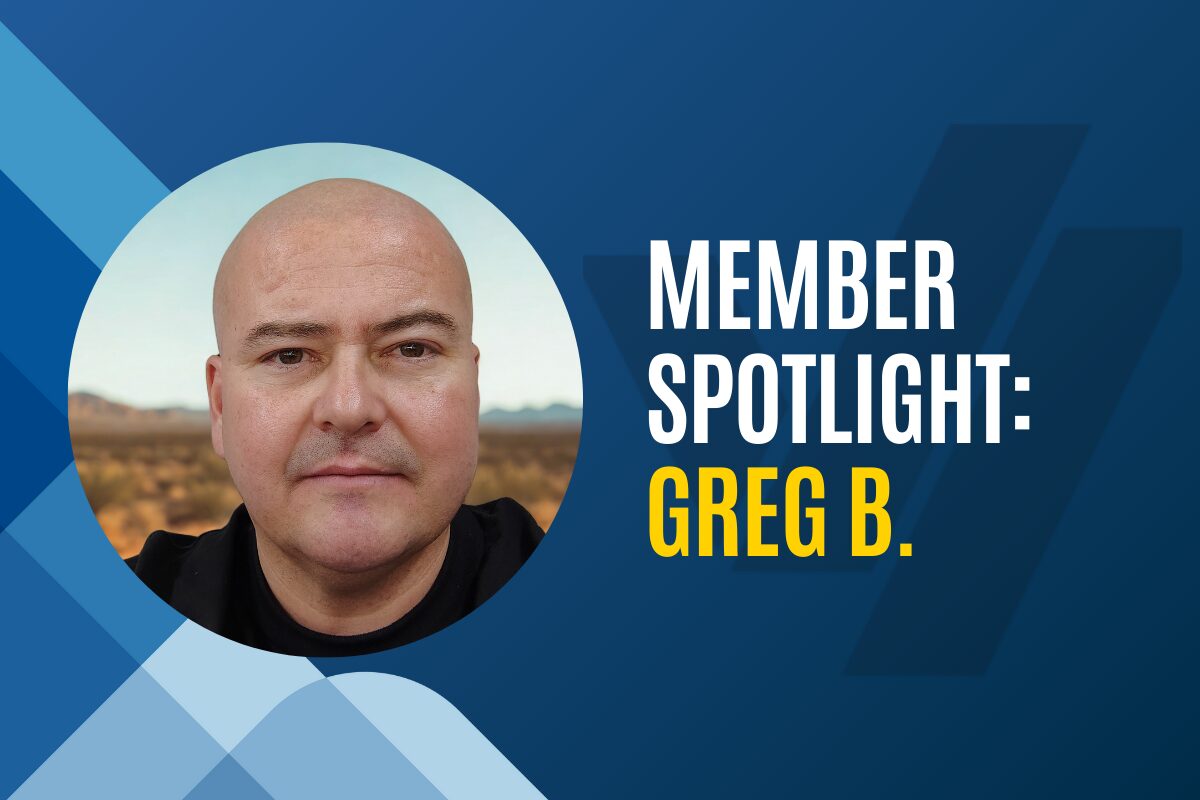Homeownership is as American as apple pie, baseball, and unreasonable food portions. The value placed on private property helped define our nation’s identity since its founding and continues to serve as a major driver of our economy. With that said, it doesn’t necessarily mean that everyone should be a homeowner. There are various issues to consider when deciding whether to rent vs buy.
Buying a home is likely the largest and most important purchase that you’ll make in your life. As a result, you want to be one hundred percent certain that buying a home is right for you.
Here are some issues to consider if you’re struggling with the decision whether to rent vs buy. Read carefully so you can decide which option is right for you.
The price is right?
Obviously, the cost to rent vs buy will be one of the most important aspects to consider. While conventional wisdom often dictates that renting is “throwing your money away,” this often turns out not to be neither convention nor wise. When you add up the additional costs associated with buying a house, then you find that renting might make just as much sense.
To obtain a mortgage, you are required to put a down payment on the house, typically 20% of the home’s value. But first-time homebuyers have a bit of leeway and can usually get away with paying less. Similarly, for most rental properties, you’re expected to pay one month’s rent as a deposit, which is sometimes fully or partly refundable, or can be used to pay your last month of rent.
The total cost of your home depends on three factors:
1. Mortgage rate
The Federal Reserve’s determines interest rate, which is currently 1%. The current rate is low by historical standards, resulting in some of the lowest mortgage rates seen in decades.
2. Down payment
This is the amount of money paid upfront. The higher the down payment, the less you’ll have to borrow.
3. Length of mortgage
Due to accrued interest, you’ll pay more for a 30-year mortgage versus a 15-year. However, your monthly mortgage payments will be higher with a 15-year mortgage because you’re paying it off faster.
In general, buying becomes less expensive than renting the longer you stay in your home. Your upfront fees will be spread over many years rather than crunched into a shorter time frame, which would happen if you were move after only a few years.
The added costs to be the boss
Often the rent vs buy debate neglects the additional costs associated with homeownership. It would be nice if you could buy a house the same way you buy a vacuum cleaner, but this isn’t the case. When comparing the cost of renting against buying, you’ll want to factor these extra expenses into your budget.
1. Closing costs
These are charged both when you buy and sell your home. Closing costs average about 4% of the house’s value. When you’re ready to sell, your closing costs will cost you about 6% of the selling price, on average. You may also have to pay capital gains taxes if the house is worth more than $250,000 if you’re single and $500,000 if you are married or file taxes jointly.
2. Renovations
One of the biggest downsides to home ownership is the cost of upkeep. No more calling your landlord if the dishwasher isn’t working because you’re on your own now. Renovations and repairs tend to cost about 1% of the home’s value each year. Of course, this will depend on the age of the house, as older homes tend to require more maintenance.
3. Homeowners insurance
While renters insurance is optional, homeowners insurance is not if you want a mortgage from the bank. If you want a mortgage from a lender, then you don’t really have a choice. But homeowners insurance only runs you about ½% of the home’s value, so it’s at least one of the lower costs you’ll face.
4. Utilities
Here’s an expense that impacts both renters and buyers, although some landlords will sometimes give you a break on some utilities. The price of utilities will vary widely depending on where you live and the size of your house, but keep in mind that your electric bills will be higher in a larger house because it takes more energy to heat and cool. One upside of paying your own utilities is that you’ll learn to conserve energy more than you’d ever imagine. In no time, you’ll become your father and watch the thermostat like a palace guard.
The taxing situation
The federal government offers sizable tax benefits, with the mortgage interest tax credit being the largest. This allows you to deduct the interest paid on your primary or secondary home to lower your overall tax bill.
On the other side of the picket white fence, you’re liable to pay property tax for your home. Property tax also ranges widely, depending on which city or state your home is located. Your property taxes are included in your monthly mortgage payment, where a portion is set aside in an escrow account to be paid at the end of the year. Your mortgage lender provides you with the amount paid in taxes, which you can then deduct on your taxes.
A good investment?
This section might ruffle a few feathers. Experts often tout homeownership as a good investment vehicle, on par with stocks and bonds. This argument makes owning a home more appealing because you make money off the investment, but also get a roof over your head. After all, you can’t live inside of a stock portfolio.
However, many experts claim that buying a house isn’t a great investment when compared with other investments such as the stock market, which tends to increase more steadily over time. In contrast, housing prices are like a roller coaster, with constant rises and falls in price. Yet we continue to hear how buying a home is one of the best ways to invest your money.
Part of this perceptual mismatch is that we got used to the meteoric rise in housing prices starting in 1997, which created perhaps the largest housing bubbles in history. But housing prices crashed back to Earth by 2008, as you might have heard. Since then, housing prices have risen slowly but barely kept up with the rate of inflation. Additionally, Michelle Meyer, deputy head of U.S. Economics at Merrill Lynch, says that housing prices have risen faster than income growth and that we’ll see a slowing housing price growth over the next few years. But nobody can predict the future, so who knows?
But generally speaking, housing prices have increased at a slow, steady pace for over a century. Nobel Prize winner Robert Shiller showed that the average house in 1897 cost the same as a house in 1997 when adjusted for inflation. So the lesson here is to buy a home because you want to live there, not because you’re looking to get rich.
It’s all about the lifestyle
In the end, your needs and lifestyle determine the decision to rent vs buy. Are you the type that gets around by Uber and takes books out of the library? Owning things probably isn’t too important to you, so renting should work fine for your lifestyle.
But you might be the type that enjoys home improvement projects or customizing your own space. Maybe you want to create an epic vegetable garden or want a backyard for the kids. In these cases, homeownership makes perfect sense.
Whatever you choose, make sure it’s because you truly want to buy a home and not because you were pressured. The rent vs buy debate often invokes strong emotion from friends and family, who may urge you to buy because they think it’s best. But remember the decision to rent vs buy is yours to make.
Buying a home is exciting but it’s also a huge responsibility. If you decide you don’t like your house, you can’t get rid of it as easily as you would a bicycle or a shirt. Think hard about what works best for you because you’re the one who ultimately bears the responsibility.
If you’re ready to buy a home, you can speak with a Vantage West mortgage specialist at (520) 751-7072.






